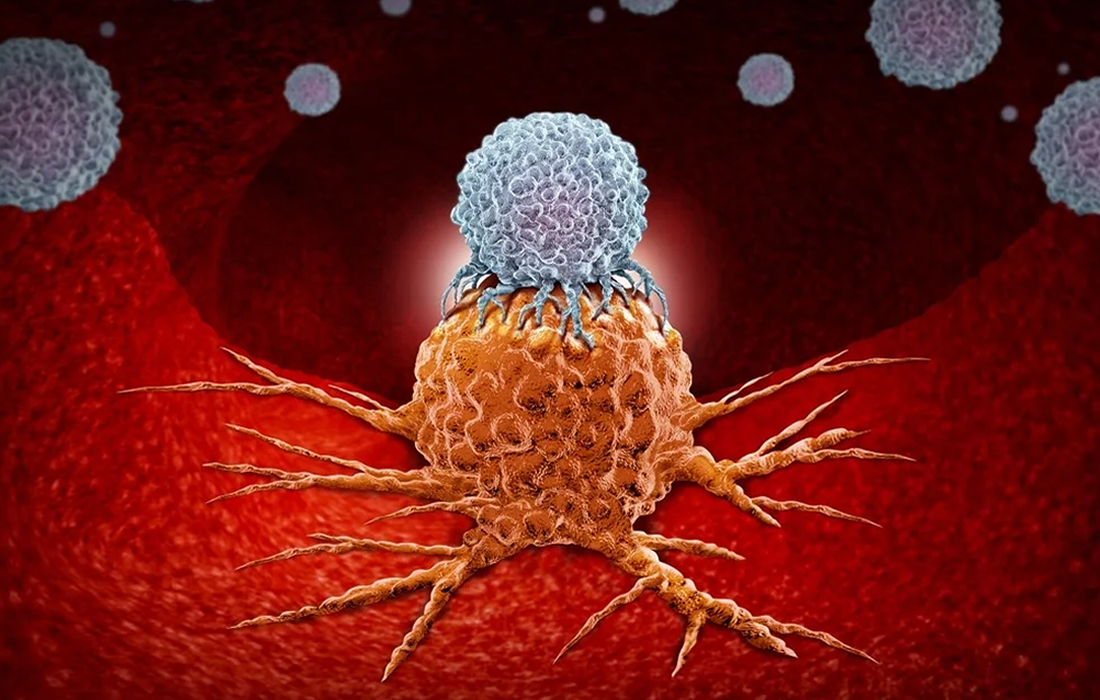Regenerative Medicine News and General Information
Immunotherapy and Stem cells
Immune system T cells have been reprogrammed by a group of researchers from the Georgetown Lombardi Comprehensive Cancer Center into regenerative stem cell-like memory cells (TSCM) that are long-lived, highly active “super immune cells” with strong antitumor activity.
Cancer immunotherapy, also known as immuno-oncology, is a form of cancer treatment that uses the power of the body’s own immune system to prevent, control and eliminate cancer. It can educate the immune system to recognize and attack specific cancer cells, boost immune cells to help them eliminate cancer and provide the body with additional components to enhance the immune response.
Cancer immunotherapy comes in a variety of forms, including targeted antibodies, cancer vaccines, adoptive cell transfer, tumor-infecting viruses, checkpoint inhibitors, cytokines, and adjuvants. Immunotherapies are a form of biotherapy (also called biologic therapy or biological response modifier (BRM) therapy) because they use materials from living organisms to fight disease.
Some immunotherapy treatments use genetic engineering to enhance immune cells’ cancer-fighting capabilities and may be referred to as gene therapies. Many immunotherapy treatments for preventing, managing, or treating different cancers can also be used in combination with surgery, chemotherapy, radiation, or targeted therapies to improve their effectiveness.
The reprogramming that the team did involves a novel approach that inhibits the activity of proteins known as MEK1/2. Currently, several MEK inhibitors are used to effectively treat melanoma, but this study demonstrates that MEK inhibitors don’t just target certain types of cancer cells, but rather, more broadly, reprogram T cells to fight many types of cancer.
Although immunotherapies have improved survival for cancer patients over recent years, survival rates remain suboptimal. Therefore, there is an urgent need to develop novel, more effective anti-cancer immunotherapies. The research shows that using drugs that have already been approved for human use may significantly enhance currently available immunotherapeutic approaches, thereby leading to better and more durable anti-cancer responses.
The investigators were able to not only identify a novel strategy to reprogram T cells into TSCM cells by using MEK1/2 inhibition, they were able to identify a novel molecular mechanism by which the TSCMs were induced.
They found that reprogramming T cells into TSCM can improve T cell therapies for cancer patients. T cell therapy is a process that is widely used in specific cancers and clinical trials, where immune-system T cells are separated out from a patient’s blood, engineered and expanded with special tumor-targeting capabilities and infused back into the patient to fight cancer.
Now that these MEK inhibitors have been shown to enhance an antitumor immune response, they are starting to look into designing clinical trials to test their research in cancer patients.
Source:
Georgetown University Medical Center. “Boosting stem cell activity can enhance immunotherapy benefits.” ScienceDaily. ScienceDaily, 23 November 2020.
Source link: www.sciencedaily.com/releases/2020/11/201123112506.htm
Vivek Verma, et al. MEK inhibition reprograms CD8 T lymphocytes into memory stem cells with potent antitumor effects. Nature Immunology, 2020
Source link: https://www.cancerresearch.org/en-us/immunotherapy/what-is-immunotherapy

